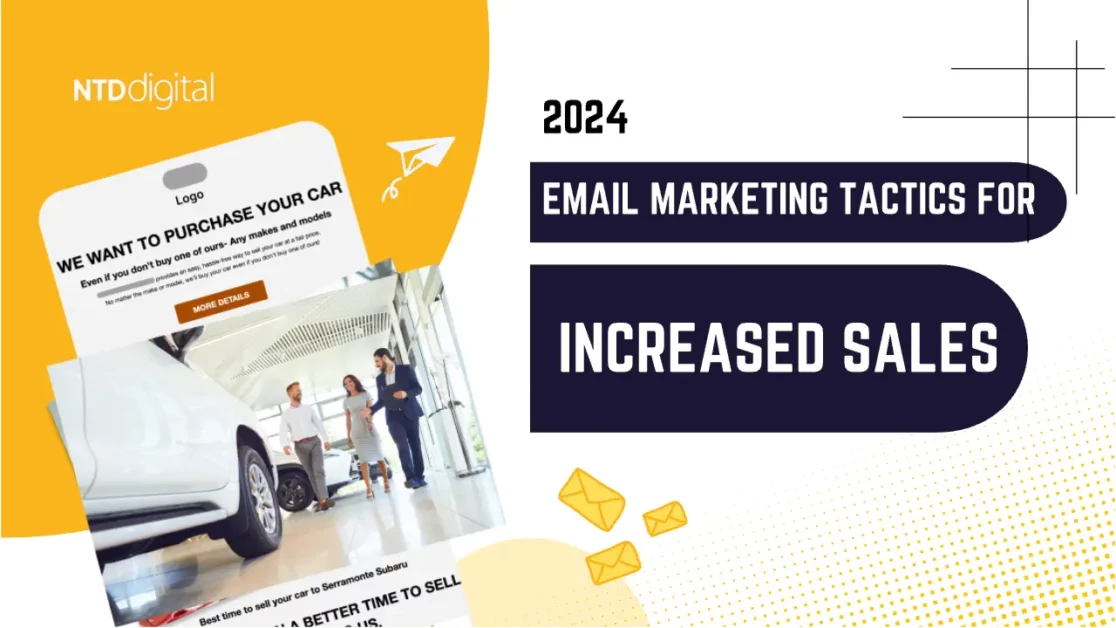In today’s digital landscape, precision targeting & remarketing is crucial for business success. Global e-commerce transactions reached $5.71 trillion in 2022, projected to hit $8.15 trillion by 2026 (Statista). This growth highlights the importance of precise targeting and remarketing in digital advertising, as they help connect with target customers and drive sales opportunities.
precision targeting & remarketing: The Fundamentals
Precision targeting is an advertising technique that focuses on delivering highly relevant ads to a specific audience based on their demographics, interests, and behaviors. This approach allows businesses to maximize their return on investment (ROI) by ensuring that their ads are seen by people who are most likely to be interested in their products or services.
Remarketing, on the other hand, is a digital marketing strategy that involves showing ads to users who have previously interacted with a brand’s website or social media channels. This can include visitors who have browsed products, added items to their cart, or completed a purchase. Remarketing helps businesses re-engage with potential customers and improve conversion rates.
Challenges in Remarketing: The Death of Third-Party Cookies
The removal of third-party cookies has significant implications for remarketing strategies. These cookies were instrumental in tracking users across the web and enabling personalized advertising. However, due to increasing concerns about privacy, major browsers like Safari, Firefox, and Google Chrome have either banned or are phasing out third-party cookies.
This shift means that advertisers will face challenges in precision targeting and remarketing, as they will no longer have access to the wealth of data previously provided by third-party cookies. As a result, businesses will need to adapt their strategies to maintain effective advertising campaigns.
Adapting to the New Landscape: First-Party Data and AI Solutions
To thrive in a world without third-party cookies, businesses should focus on collecting first-party data, such as user information gathered through website interactions, email subscriptions, or social media engagement. This data can still be used for remarketing, although it may lack the depth and detail of third-party data.
One innovative solution to the challenges posed by the removal of third-party cookies is the use of artificial intelligence (AI) algorithms to optimize ad delivery. AI-driven platforms, such as those offered by Google, can serve ads to users without relying on cookies. Instead, these platforms use machine learning models to analyze user behavior and determine when, where, and to whom ads should be served.
By continually learning and optimizing, AI algorithms can outperform human marketers, resulting in more precise targeting and reduced advertising costs. This approach allows businesses to maintain effective remarketing campaigns in a privacy-conscious world.
Example
A Chinese restaurant started to heavily develop its delivery business during the pandemic. They used Google Ads’ AI-driven platform to show delivery discount ads to customers based on their age, gender, interests, and geographic location. Meanwhile, the restaurant implemented remarketing strategies on social media, showing special offers and activities to users who have previously visited their website. They also sent special discount information to customers who have previously ordered delivery on their website through email marketing to increase customer retention.
After implementing these strategies, the restaurant found that their conversion rate increased from 2.5% to 7%, and the cost per conversion decreased from $35 to $12. Due to precision targeting, the targeted customer group covered by ads increased from 5,000 to 12,000. Remarketing strategies made 50% of users who visited the website but did not place an order in the first two months return and complete a reservation after receiving special offers.
Conclusion
The future of e-commerce advertising is rapidly changing as businesses adapt to the removal of third-party cookies. By focusing on first-party data collection and embracing AI-driven solutions like Google Ads, marketers can continue to leverage precision targeting and remarketing strategies to engage with potential customers and drive conversions. By adapting to these changes and staying ahead of the curve, businesses can maintain a competitive edge and thrive in the evolving world of digital advertising.


















